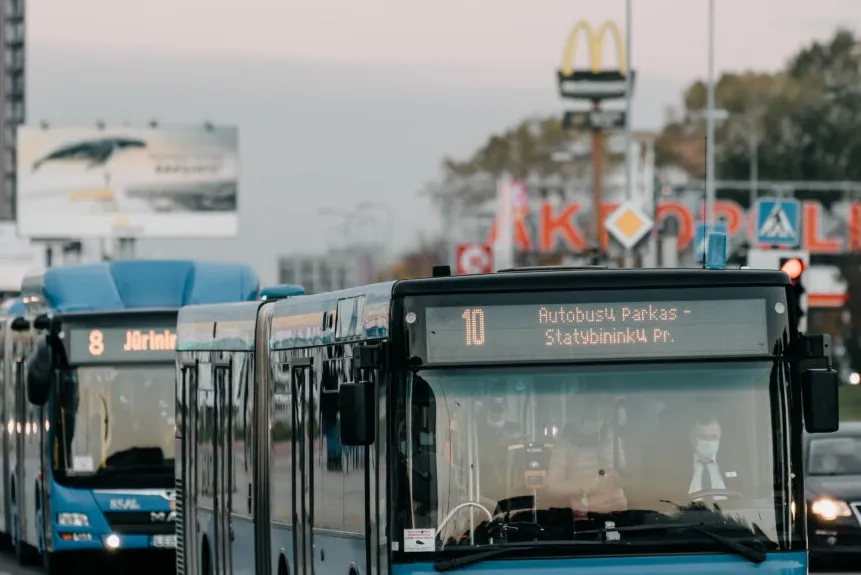Indra is to provide the engineering, supply and implementation of tram priority and signage systems, along with access control and ticketing for the new tram system in Cuenca, the third-largest city in Ecuador.
The system is currently under construction and is expected to begin operating in June 2016. It will be used by around 120,000 passengers a day, or 39 million a year.
The aim is to incorporate the transport mode into the Integrated Mobility System, reduce the current levels of traffic and green
December 10, 2015
Read time: 2 mins
The system is currently under construction and is expected to begin operating in June 2016. It will be used by around 120,000 passengers a day, or 39 million a year.
The aim is to incorporate the transport mode into the Integrated Mobility System, reduce the current levels of traffic and greenhouse gas emissions and optimise mobility throughout the historic centre, which in 1999 was declared a World Heritage Site by the UNESCO, promoting the use of the tram and discouraging private traffic.
The road and tram signposting systems to be implemented by Indra will enable management of mobility in both the areas the tram passes through and other areas that may be affected by it. Indra will upgrade the current technology in the urban traffic control centre in Cuenca and implement new software that will enable the integrated management, control and optimisation of traffic in the area.
In addition, thanks to a traffic-light priority system that will be integrated with the rest of the Cuenca tram subsystems, the signposting will give priority to the tram over private vehicles, ensuring it adheres to its and encouraging citizens to opt for public transport in line with the planning goals of the municipal government.
Indra will also install its latest-generation contactless ticketing system to enhance the service and information provided to passengers and streamline the control, financial management and tracking of resources.
Passengers can top up contactless cards in automatic ticketing machines to be installed at all the 28 stops along the route and validate them in the access control systems. Public assistance and customisation points will be set up in several cities to include the holders' details and photo on the card along with their user profile.
The solution will also include portable sales and inspection equipment, which will allow card top-ups and sales and the inspection of both contactless cards and one-way tickets intended for occasional passengers.









